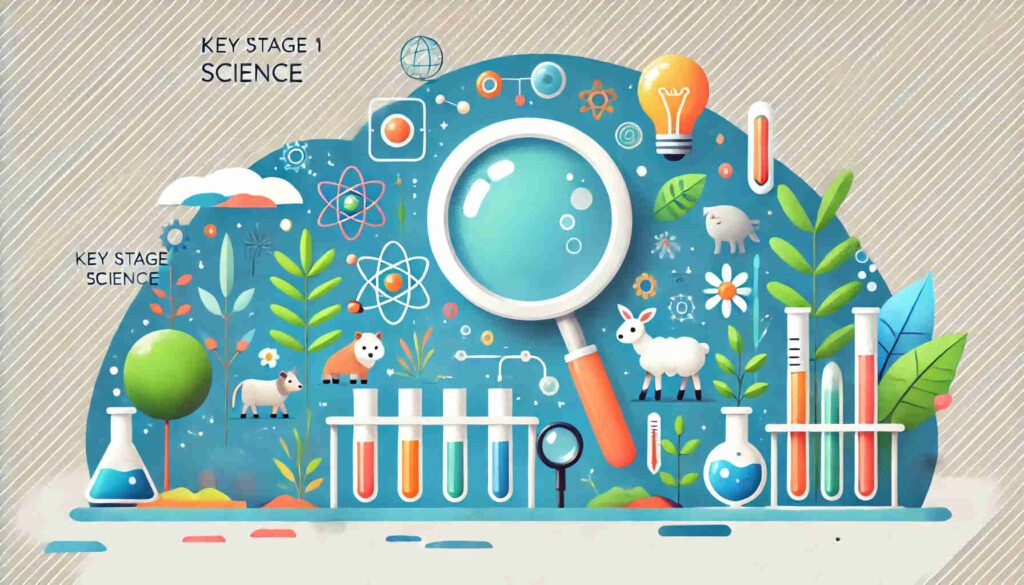Prerequisites
- Age: 5-7 years old
What is included
- 40 live lessons
- 6-10 students in a class
- End of topic assessment
- Personalised feedback
- Homework and recommended exercise
Course details
1 . Seasonal Changes
- Observe and describe weather associated with the seasons and how day length varies across the year.
2. Plants
- Identify and name a variety of common wild and garden plants, including deciduous and evergreen trees.
- Describe the basic structure of common flowering plants, including trees.
- Observe and describe how seeds and bulbs grow into mature plants.
- Understand what plants need to grow and stay healthy (e.g., water, light, and suitable temperature).
3. Animals, including Humans
- Identify and name a variety of animals, including fish, amphibians, reptiles, birds, and mammals.
- Recognize carnivores, herbivores, and omnivores.
- Describe and compare the structure of different animals.
- Identify, name, draw, and label the basic parts of the human body and understand which senses are linked to each body part.
- Understand the basic needs of animals, including humans, for survival (e.g., water, food, air).
- Learn about the importance of exercise, a balanced diet, and hygiene.
- Describe the life cycles of some animals, including reproduction.
4. Living Things and Their Habitats
- Explore the differences between things that are living, dead, and things that have never been alive.
- Identify and name plants and animals in their habitats, including microhabitats.
- Understand simple food chains and identify sources of food.
5. Everyday Materials
- Distinguish between objects and the materials they are made from.
- Identify and name a variety of materials (e.g., wood, plastic, glass, metal, water, rock).
- Describe the physical properties of materials (e.g., hard, soft, flexible, waterproof).
- Compare the suitability of materials for different purposes.
- Understand how some materials can be changed by bending, twisting, stretching, or heating.











